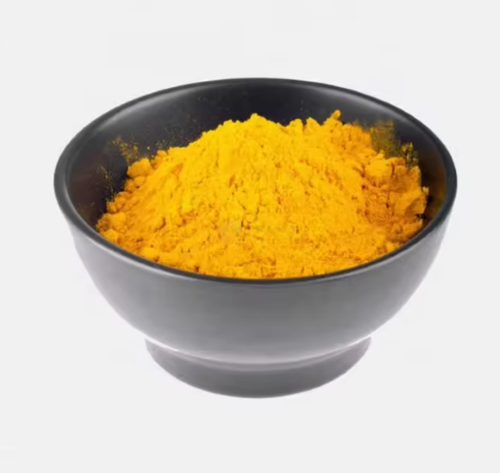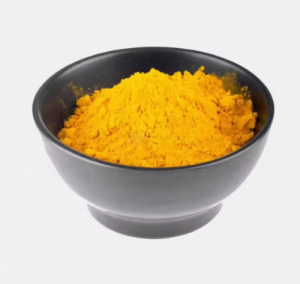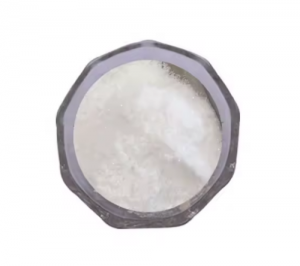Key Types of Precious Metal Compounds

Introduction
Precious metals have been highly valued throughout history, not only for their beauty and rarity but also for their unique physical and chemical properties. Among the most significant precious metals are gold, silver, platinum, palladium, and rhodium. These metals and their compounds play critical roles in a wide range of industrial, technological, and medical applications. This article discusses the key types of compounds formed by these metals, highlighting their properties and uses.
1. Gold Compounds
--Gold Chloride (AuCl3):

Gold chloride is a versatile compound with several important applications.
- In catalysis, AuCl3 serves as a catalyst in various chemical reactions, including organic synthesis and polymerization processes. Its ability to facilitate reactions without being consumed makes it invaluable in the chemical industry.
- Additionally, gold chloride is used in electronics for producing conductive inks and coatings. These inks are essential in creating fine circuits for electronic devices, such as smartphones and tablets.
- In the medical field, AuCl3 is being researched for its potential in developing anti-cancer drugs due to its ability to interact with DNA and inhibit tumor growth.
--Gold Cyanide (Au(CN)2):
Gold cyanide is primarily used in electroplating, where it enables the deposition of a thin layer of gold onto various substrates. This process is critical in manufacturing jewelry, decorative items, and electronic components. The ability to coat objects with gold enhances their aesthetic appeal and provides corrosion resistance, making them more durable.
2. Silver Compounds
--Silver Nitrate (AgNO3):

Silver nitrate is a well-known compound with a broad range of applications.
- In photography, it is used to produce photographic films and papers. The light-sensitive nature of AgNO3 allows it to capture images effectively.
- In the medical field, silver nitrate’s antibacterial properties make it valuable as an antiseptic and in wound care. It helps prevent infections and promotes healing.
- Additionally, silver nitrate is used in chemical synthesis as a precursor for other silver compounds, further expanding its utility.
--Silver Chloride (AgCl):
Silver chloride is another essential silver compound.
- Its primary application is in photography, where it is used to produce photographic emulsions. AgCl’s light-sensitive properties enable the development of high-quality images.
- Additionally, silver chloride is used in glass coatings to create reflective surfaces, improving the efficiency of mirrors and other optical devices.
- In chemical sensors, AgCl helps detect various substances, enhancing the accuracy and reliability of analytical instruments.
3. Platinum Compounds
--Platinum(IV) Oxide (PtO2):
Platinum oxide is a powerful oxidizing agent with significant applications in catalysis.
- It is used in automotive catalytic converters to reduce harmful emissions from vehicles. PtO2 facilitates the conversion of toxic gases, such as carbon monoxide and nitrogen oxides, into less harmful substances.
- In chemical synthesis, platinum oxide is employed to catalyze oxidation reactions, contributing to the production of various chemicals and pharmaceuticals.
--Cisplatin (Pt(NH3)2Cl2):
Cisplatin is a platinum-based compound widely used in cancer treatment. Its mechanism of action involves binding to DNA and interfering with cell division, leading to the death of cancer cells. Cisplatin is used to treat various types of cancer, including testicular, ovarian, and bladder cancers. Its effectiveness has made it a cornerstone in chemotherapy regimens, significantly improving patient outcomes.
4. Palladium Compounds
--Palladium(II) Chloride (PdCl2):
Palladium chloride is an important catalyst in organic synthesis.
- It is used in reactions such as hydrogenation and carbon-carbon coupling, which are essential for producing pharmaceuticals, agrochemicals, and fine chemicals. PdCl2’s ability to facilitate these reactions efficiently makes it indispensable in the chemical industry.
- Additionally, palladium chloride is used in electronics for plating and creating conductive pathways in electronic circuits.
--Palladium Acetate (Pd(C2H3O2)2):
Palladium acetate is another key catalyst in organic synthesis. It is particularly effective in coupling reactions, where it helps form carbon-carbon bonds. This capability is crucial for creating complex organic molecules, including those used in drug development. Palladium acetate’s role in catalysis enhances the efficiency and selectivity of chemical processes, contributing to the advancement of various industries.
5. Rhodium Compounds
--Rhodium(III) Chloride (RhCl3):
Rhodium chloride is a versatile compound with significant applications in catalysis and electroplating.
- In catalysis, RhCl3 is used in various organic synthesis reactions, including hydroformylation and hydrogenation. Its ability to facilitate these reactions efficiently makes it valuable in the production of pharmaceuticals and fine chemicals.
- In electroplating, rhodium chloride is used to coat surfaces with a thin layer of rhodium, enhancing their appearance and providing corrosion resistance. This application is particularly important in the jewelry and automotive industries.
--Rhodium Acetate (Rh(C2H3O2)3):
Rhodium acetate is another essential rhodium compound used in organic synthesis. It serves as a catalyst in various reactions, including carbon-carbon coupling and hydroformylation. Rhodium acetate’s role in catalysis improves the efficiency and selectivity of chemical processes, contributing to the development of new pharmaceuticals and other high-value products.
Related reading: Noble Metal Compounds: Varieties and Applications
Conclusion
Precious metal compounds play critical roles in modern technology, industry, and medicine. Gold, silver, platinum, palladium, and rhodium compounds, with their unique properties and capabilities, are indispensable in catalysis, electronics, photography, medicine, and many other fields.
As research and technology continue to advance, the applications of these compounds are likely to expand further, driving innovation and enhancing the quality of life. Understanding the properties and uses of these key precious metal compounds underscores their importance in various high-tech and industrial applications, highlighting their enduring value in our world. For more metal products, please check Advanced Refractory Metals (ARM).
{{item.content}}
LEVE A REPLY
{{item.children[0].content}}
{{item.content}}






